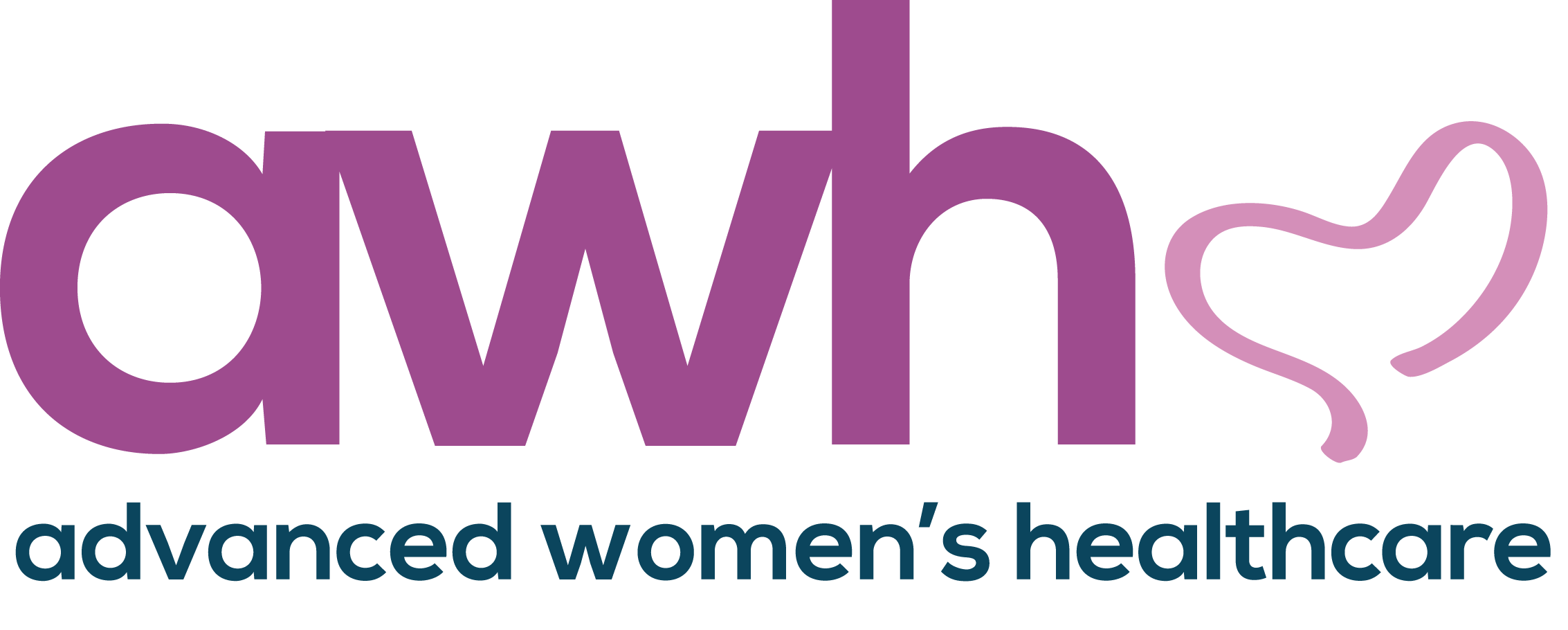Five percent of women experience early menopause, but treatments are available to ease the symptoms.
You might be thinking, “I’m too young for menopause, right?”
Maybe you’ve missed a period or two. Maybe you’re experiencing some unusual symptoms. Maybe you think you’re having a hot flash.
It’s time to talk to your doctor. These situations could lead to a variety of diagnoses, and early menopause, while rare, could be the culprit.
What is Early Menopause?
Early menopause occurs between the ages of 40 and 45 and affects about 5 percent of women. Premature menopause, which is menopause occurring before age 40, affects around 1 percent of women.
When Does Normal Menopause Occur?
Menopause is happening if you’ve gone a full 12 months with no menstrual period. At that point, your ovaries stop making estrogen and progesterone, the female hormones that maintain menstrual cycles and fertility. Menopause ceases naturally for most women around age 51. Menopause may be induced early for life-saving reasons such as surgery, chemotherapy or radiation. However, in some women, genetic conditions, autoimmune disorders or unknown reasons may bring about menopause.
The symptoms of menopause range from annoying to serious, spanning from disrupted sleep to hot flashes, dry eyes, mood changes and weight gain. But experiencing these symptoms in your 20s, 30s and early 40s might make you feel like you’re growing old overnight and aging faster than your friends.
And unfortunately the signs aren’t always clear for premature or early menopause. Changes in mood can happen for different reasons. Maybe you’ve felt a hot flash, maybe not. What is a hot flash, you ask? A hot flash is a sudden feeling of warmth that spreads over the body and is usually most intense around the face, neck and chest.
Can Women Get Pregnant During Menopause?
What if you’re planning on having children but are concerned about early or premature menopause? There is good news! Advancements in medical treatment and procedures have already shown promise in giving women opportunities for pregnancy even when suffering from early menopause.
Doctors in Spain were able to “reawaken the ovaries” of a woman through the use of stem cell treatment. Stem cells from healthy bone marrow are used so the patient does not have to opt for a donor egg or IVF.
Freezing eggs prior to cancer treatment is another option for women who will be facing menopause under such circumstances. Nearly 10 percent of breast cancer cases occur in women under age 45. That’s why steps to preserve fertility such as freezing eggs, embryos or small pieces of ovarian tissue are often recommended to patients who want to have children in the future.
In Conclusion
If early menopause is something you’re worried about, we are here to answer your questions. It’s never too early to ask questions. Missing periods can be a sign of other health concerns such as heart disease, dementia, MS and osteoporosis.
Hormone therapy is vital for lessening the long-term health consequences associated with early or premature menopause.
If you are in early or premature menopause, you may need extra time and support to come to terms with your diagnosis and the consequences, including the potential long-term health impact and loss of fertility. Sharing your concerns with your partner, friends and your health care provider or psychologist can help. Understanding what is happening to your body and what you can do about it is key. Contact us today if you have any questions.





